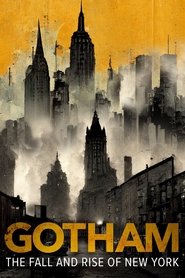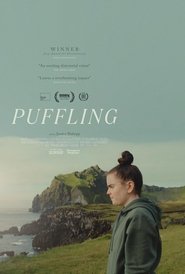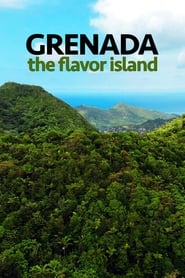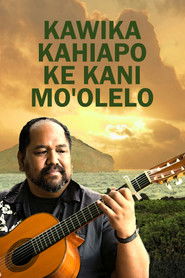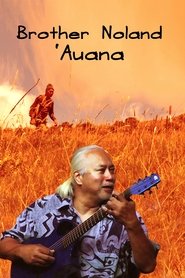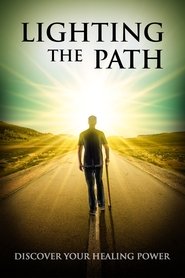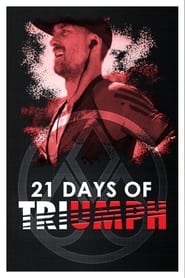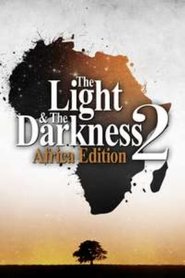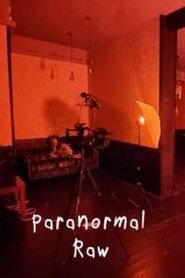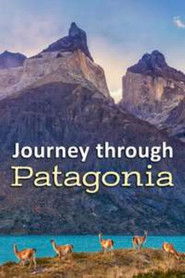Top Rated Documentary Movies on Free Services - Page 479
-
Gotham: The Fall and Rise of New York
2023
Gotham tells the true story of what happened in New York City during the twenty years from 1993 to 2013. How did a city with over 2200 murders, 93,000 violent robberies and 147,000 car thefts in 1990 become the capitol of the world a mere handful of years later? This feature documentary explores what happened during these decades, told by the people who did the hard work, some at great personal and professional cost. -
Exit 238
2023
Exit 238
2023
Each year, the early weeks of fall bring a natural phenomenon to the Capital Plaza shopping center in Austin, Texas. Shoppers, employees, passersby, young families and avid birdwatchers, alike, all gather to marvel at the communal migratory roosting of tens of thousands of Purple Martins as they journey along their migratory path to Brazil. -
Puffling
2024
Puffling
2024
On a remote Icelandic island, teenagers Birta and Selma take it upon themselves to counteract society's harmful impact on nature, exchanging night-time parties for nocturnal puffin rescues in a coming-of-age story for young adults and puffins alike. -
Turks and Caicos
2021
Turks and Caicos
2021
These islands with such a curious and unpronounceable name are arid, brackish, covered with cacti and thorny trees. At first glance lost and unattractive, however, can boast beautiful beaches and hundreds of miles of coral reefs. -
Grenada The Flavor Island
2021
Rivers, spectacular waterfalls and the extinct crater of an old volcano that nature has transformed into a large lake. It is also known as the spice island. Cinnamon, ginger, nutmeg and cloves are produced in incredible quantities. -
Australian Small Birds
2021
Over 100 passerines filmed all over the Continent in their natural habitats, with their song or call and/or the ambient sound. A narration about their features or behavior, years of filming compilation and a life time experience as photographer/birder. -
In the Name of Wild
2022
In the Name of Wild
2022
Ethnographer Phillip Vannini travels with his family over five years, to five continents and ten countries in search of the different meanings of wilderness, wildness, and wild nature. -
Kawika Kahiapo Ke Kani Mo'olelo
2016
The sound of tradition in the life of Hawaiian musician Kawika Kahiapo. Explore the reverent roots of traditional Hawaiian Slack Key guitar and how it influences a contemporary composer in the life and music of Kawika Kahiapo. -
Brother Noland 'Auana
2015
Go on a musical journey of artistic culture and discovery with Hawaii's Brother Noland. Brother Noland is a true innovator of Hawaiian music and uniquely blends his ability to "Nolanize" a song or style while staying true to its cultural importance. -
Shark Cinema Science
2022
Shark Cinema Science
2022
Explore advanced shark research around the world with Shark Week star Andy Casagrande. -
Lighting the Path
2020
Lighting the Path
2020
Follow the journeys of those determined to heal from autoimmune disease or chronic Lyme and the rare physicians and scientists who helped Light The Path along the way. -
21 Days of Triumph
2021
21 Days of Triumph
2021
Documenting the Physical and Mental Challenge To Finish 21 Half-Iron Distances in 3 Weeks. A documentary revealing this grueling undertaking with the goal of inspiring people to reach their own goals and not give up! -
Gotta Love Trump
2019
Gotta Love Trump
2019
When Bernie Sanders is kicked out of the Presidential race at the hands of a corrupt DNC, the era of Trump politics, which the world is not ready, for springs forth. We investigate "The Deplorables". Do they exist? Are they really white supremacists? -
The Light & The Darkness 2: Africa Edition
2021
A documentary highlighting the dangers of witchcraft in Africa. Christian leaders speak on their personal experiences in the spiritual war between the light and the darkness. -
How To Grow Your Money Tree
2022
How To Grow Your Money Tree: Self-improvement and educational film about how to use proven goal-setting principles to achieve life and financial goals regardless of the times. -
California's Wild Coast
2021
Soar with the seabirds over the wild and beautiful north coast of California. The rugged coastline of Mendocino is a vast wilderness full of wildlife, sea caves, bird colonies, and crashing waves that can only be fully appreciated from an aerial view. -
Paranormal Raw
2022
Paranormal Raw
2022
This U.K.-based Paranormal investigation documentary features Matt Long and the South East Paranormal Team investigating the West Five Bar in Ealing, London, with special celebrity guest Mutya Buena of British girl band The Sugababes. -
Journey through Patagonia
2021
Explore the unmatched wilderness of Patagonia in "Journey through Patagonia". Magnificent peaks, unique wildlife, aerial glacier exploration, and dramatic skies await you in this spectacular journey. -
Visit Alaska
2022
Visit Alaska
2022
Hike the northernmost state from the warmth of your home, where larger-than-life creatures and vistas await.
 Netflix
Netflix
 Amazon Prime Video
Amazon Prime Video
 Apple iTunes
Apple iTunes
 Apple TV Plus
Apple TV Plus
 Disney Plus
Disney Plus
 Google Play Movies
Google Play Movies
 Paramount Plus
Paramount Plus
 Hulu
Hulu
 HBO Max
HBO Max
 YouTube
YouTube
 fuboTV
fuboTV
 Peacock
Peacock
 Peacock Premium
Peacock Premium
 Amazon Video
Amazon Video
 The Roku Channel
The Roku Channel
 AMC+
AMC+
 Kocowa
Kocowa
 Hoopla
Hoopla
 The CW
The CW
 Vudu
Vudu
 Starz
Starz
 Showtime
Showtime
 PBS
PBS
 Pantaflix
Pantaflix
 FXNow
FXNow
 Tubi TV
Tubi TV
 Kanopy
Kanopy
 Comedy Central
Comedy Central
 Crunchyroll
Crunchyroll
 Microsoft Store
Microsoft Store
 Redbox
Redbox
 Sun Nxt
Sun Nxt
 ABC
ABC
 DIRECTV
DIRECTV
 Crackle
Crackle
 Fandor
Fandor
 Plex
Plex

